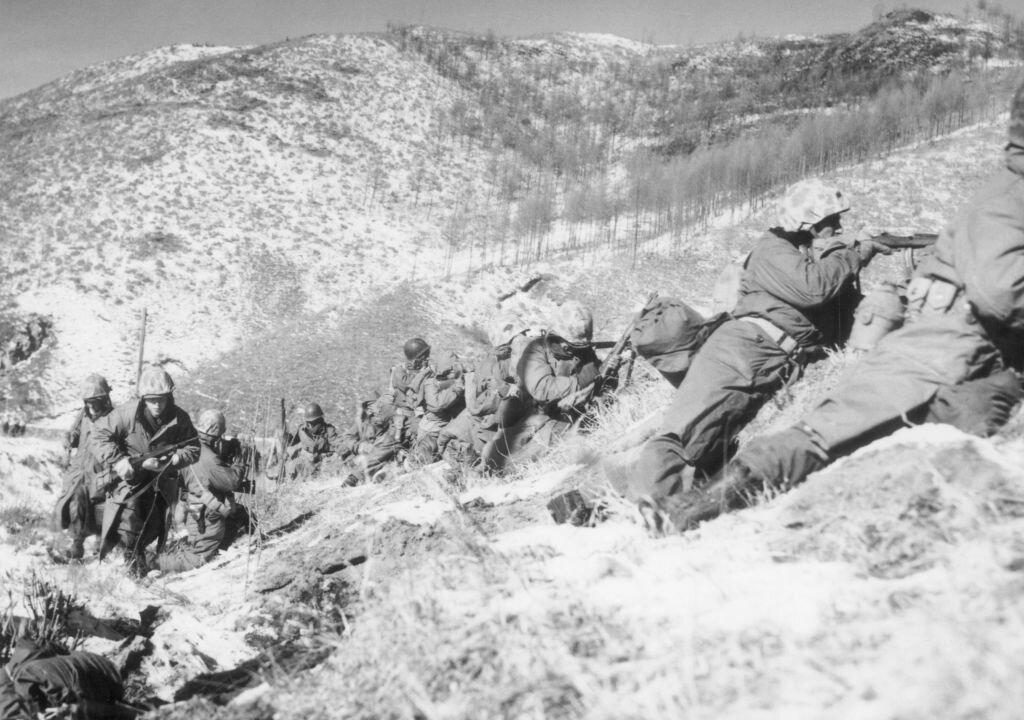Whether Americans or citizens the world over wish to remember or not, the Korean War is the symbol of the 70-plus-year war of attrition between two ideas: communism and democracy. June 25, 1950, moved the world from modern warfare into the existential warfare of the modern age, introducing the first hot war of the Cold War.
The Korean peninsula provides the world a precise cross-comparison of the effects of freedom or tyranny. She is, ironically enough, geographically split in half.





